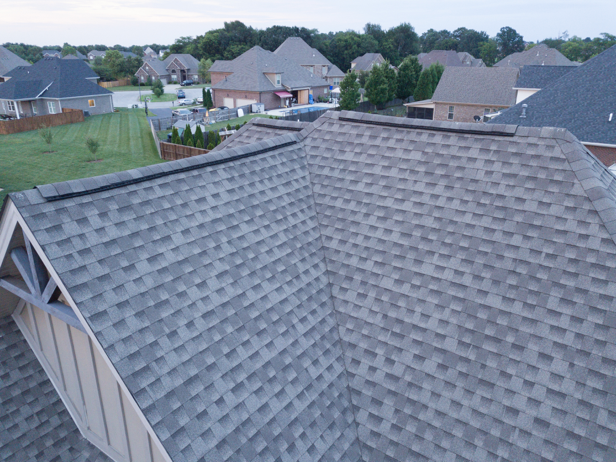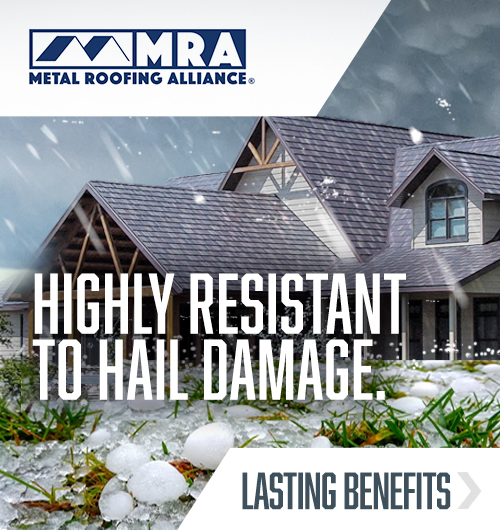3 Types of Roof Warranties and What They Mean

By AskARoofer.
Learn the ins and outs of roof warranties and how to protect your warranty.
A new roof is a significant investment. While it can be exciting to choose the right color and profile for your home, it can also be overwhelming when comparing bids and warranties. It’s important to give warranty details adequate attention to ensure you have appropriate protection.
Roofing warranties can seem complicated. And since a roof protects your family and all of your possessions, it’s vital to understand the terms of your warranty so you can make an informed decision about the materials being installed on your roof and the contractor completing the installation.
There are three main types of roofing warranties: standard manufacturer’s warranty, contractor workmanship warranty and extended manufacturer’s warranty.
1 - Standard manufacturer’s warranty
This warranty covers the products you purchase. Most shingles come with a basic limited lifetime warranty, which is the industry standard, and means your roof is warranted as long as you own your home. The definition of “limited” can vary depending on the manufacturer, which will affect the degree of protection you receive, so make sure you understand what your warranty covers.
2 - Contractor workmanship warranty
This warranty comes from your contractor and will cover installation in addition to protecting you from material failures due to worker error or improper installation techniques. The length of this warranty will differ from contractor to contractor. These warranties will typically cover the cost of labor and materials needed to complete any repairs and related damages to the interior of the home, furnishings and personal items.
3 - Extended manufacturer’s warranty
This warranty is also known as “comprehensive coverage” and covers the contractor workmanship and expanded coverage for the products at an additional cost. Some manufacturers offer optional extended warranty coverage on new roofs that are installed by authorized contractors who are certified to install the roofing system — ventilation, insulation, shingles — according to the manufacturer’s installation specifications.
Protect your warranty
There are times when homeowners will submit a claim only to find out that their warranty is null and void. There are four ways to protect your coverage:
-
Get regular inspections - When you have your roof inspected every one to two years, your contractor can identify and fix any minor issues. Staying ahead of these repairs and preventing major work enables you to maintain your warranty coverage.
-
Stay with your original contractor - Many times a contractor’s warranty will be voided if a different company is hired to alter the original installation. Staying with your original contractor will not only help you maintain warranty coverage but it also allows your contractor to correct his or her own mistakes.
-
Register your warranty - Without submitting your warranty registration, you might not have coverage at all.
-
Read the fine print - Ensure you understand all aspects of your warranty. Your warranty can be voided if your contractor isn’t certified through the shingle manufacturer and authorized to provide the warranty.
Have a question? AskARoofer.
Find your local roofing contractor in the RoofersCoffeeShop® Contractor Directory.









Comments
Leave a Reply
Have an account? Login to leave a comment!
Sign In